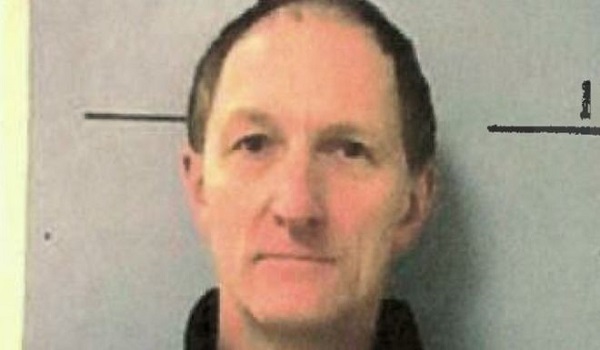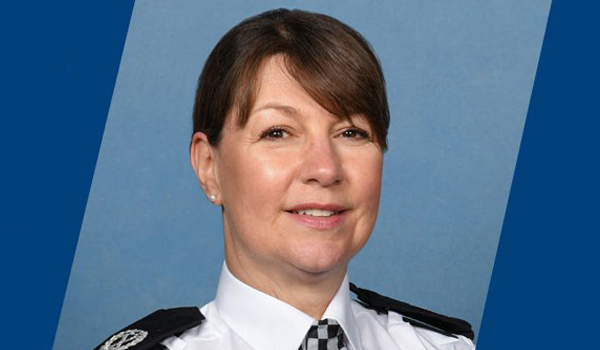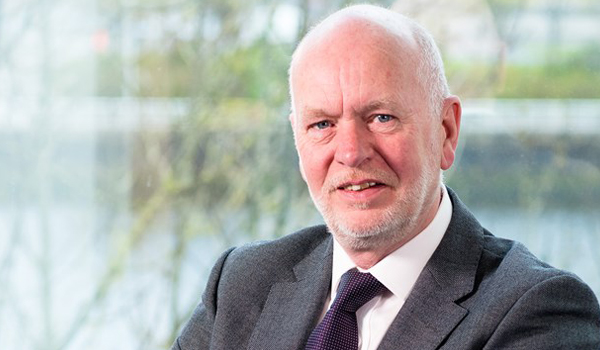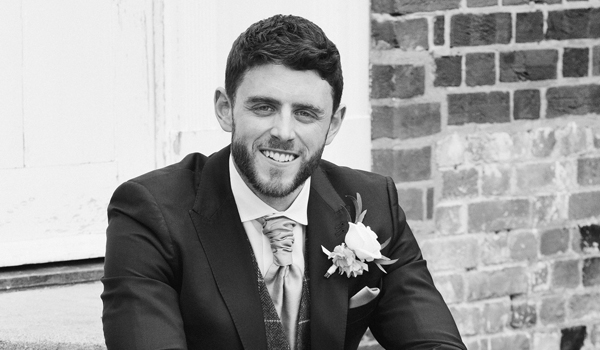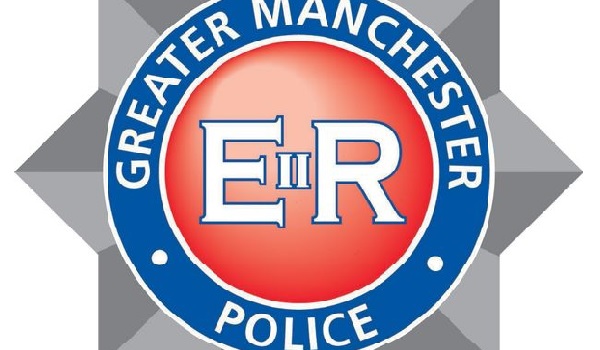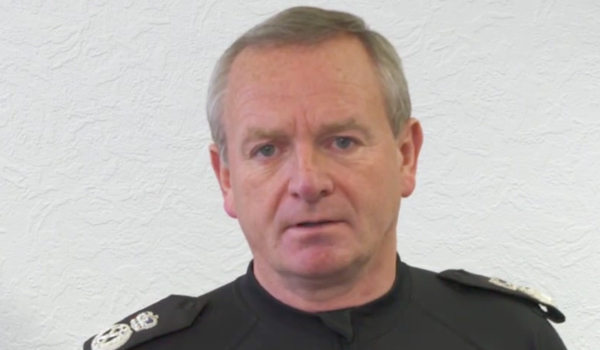Serious Crime Prevention Order imposed on VAT fraudster
A man who committed a VAT fraud and then used the money to pay a confiscation order imposed for a previous offence of forgery has become the first person in Scotland to be given a Serious Crime Prevention Order.
John Farrell was jailed for nearly three years last month after using fake passports and driving licences to set up bogus companies and bank accounts to fraudulently claim VAT repayments in excess of £180,000.
An investigation by officers from HM Revenue and Customs (HMRC) found he had laundered £75,000 of the money through a bogus Cypriot account before using it to pay off part of a confiscation order for £96,000.
HMRC began looking into the bogus companies after concerns were raised about the VAT claims and an officer visited Farrell, who was using the name Andrew Strachan. Farrell’s false identity was exposed when another HMRC officer recognised him from a newspaper article about the forgery confiscation order.
The confiscation order had been imposed in 2011 after was convicted of producing counterfeit banknotes at a factory in East Kilbride and jailed for five years and eight months. When police officers raided the premises they discovered counterfeit Bank of Scotland £20 notes, fake Royal Bank of Scotland £20 notes and Bank of Scotland £10 notes and Royal Bank of Scotland £10 notes in various stages of completion.
HMRC confirmed that a three-year Serious Crime Prevention Order had been obtained against John Farrell
The conditions of the order mean he will have to notify HMRC of business interests and face restrictions on his bank or building society accounts. Farrell will also face limits on the amount of cash he can possess and will have to notify HMRC of his income, plus his general finances, assets and investments.
Under the legislation he will also be limited to one mobile phone, one computer and one landline at each place he lives or works. Farrell will have to notify HMRC of all intended travel outside the UK at least 14 days in advance of his departure date and will not be allowed to use any aliases on any identity documentation. It also forbids communication with four named individuals.
Cheryl Burr, assistant director of the fraud investigation service at HMRC, said: “This was a shocking ploy by Farrell to pocket public money. His actions were one of pure greed, so he could lead a comfortable lifestyle in a house worth more than £1 million. The VAT he illegally reclaimed could have paid for the equivalent of seven new nurses in Scotland for a year.


